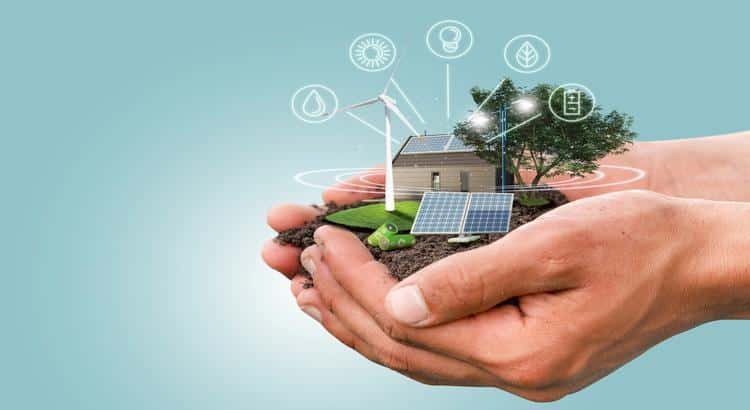Affordable and clean energy is a critical component of sustainable development, serving as the foundation for economic growth, social progress, and environmental stewardship. This article explores the importance of affordable and clean energy, the challenges in achieving it, and the solutions and strategies available to transition towards a sustainable energy future.
The Importance of Affordable and Clean Energy
- Sustainable Development Goals: Access to affordable and clean energy is a key target of the United Nations’ Sustainable Development Goals (SDGs). It is instrumental in eradicating poverty, promoting economic development, and ensuring environmental sustainability.
- Climate Change Mitigation: Affordable and clean energy plays a vital role in mitigating climate change by reducing greenhouse gas emissions. By transitioning from fossil fuel-based energy sources to renewable and low-carbon alternatives, we can curb global warming and limit the adverse impacts of climate change.
- Health and Environmental Benefits: Clean energy sources, such as renewable energy, have minimal environmental impacts and reduce air pollution, improving public health. Access to affordable and clean energy also enhances the quality of life, particularly in areas with limited access to electricity and clean cooking facilities.
The Challenges in Achieving Affordable and Clean Energy
- Access to Energy: Millions of people around the world still lack access to modern and reliable energy services. Ensuring universal access to affordable and clean energy remains a significant challenge, particularly in remote and underserved communities.
- Energy Poverty: Energy poverty affects marginalized populations, hindering their socio-economic development. Lack of access to affordable and clean energy limits educational opportunities, healthcare services, and economic productivity.
- High Initial Costs: The initial costs associated with renewable energy technologies, such as solar panels or wind turbines, can be relatively high. These costs often pose barriers, particularly in developing regions where financial resources are limited.
- Technological Barriers: Technological limitations and inadequate infrastructure can hinder the adoption of clean energy solutions. Limited grid connectivity, insufficient storage capacity, and the need for advanced grid management systems are among the technological challenges faced in achieving affordable and clean energy.
Solutions and Strategies for Affordable and Clean Energy
- Renewable Energy Sources: Expanding the deployment of renewable energy sources, such as solar, wind, hydropower, and geothermal, is crucial in achieving affordable and clean energy. Continued research and development, technological advancements, and supportive policies are key to accelerating the transition to renewables.
- Energy Efficiency Measures: Implementing energy efficiency measures across sectors is a cost-effective way to reduce energy consumption and lower carbon emissions. Energy-efficient buildings, appliances, transportation systems, and industrial processes contribute to affordable and clean energy solutions.
- Innovative Financing Models: Innovative financing models, such as green bonds, public-private partnerships, and microfinance, can help overcome the financial barriers associated with clean energy projects. These models attract investments, promote entrepreneurship, and facilitate access to capital for renewable energy initiatives.
- Policy and Regulatory Support: Governments play a crucial role in creating an enabling environment for affordable and clean energy. Policy frameworks, incentives, and regulatory mechanisms can foster market competition, encourage private sector involvement, and facilitate the integration of clean energy into the existing energy infrastructure.
Benefits of Affordable and Clean Energy
- Economic Advantages: Affordable and clean energy solutions stimulate economic growth, create jobs, and enhance energy security. The renewable energy sector offers significant opportunities for employment, innovation, and investment, fostering a sustainable and resilient economy.
- Social Empowerment: Access to affordable and clean energy empowers communities, particularly women and marginalized groups, by improving educational opportunities, healthcare services, and livelihood prospects. It contributes to poverty reduction, gender equality, and social inclusion.
- Environmental Stewardship: Affordable and clean energy sources have minimal environmental impacts, reducing air pollution, water contamination, and carbon emissions. By embracing clean energy, we safeguard ecosystems, protect biodiversity, and mitigate the adverse effects of climate change.
Affordable and clean energy is not only a necessity but also an opportunity for a sustainable future. By addressing the challenges, implementing solutions, and embracing renewable energy and energy efficiency, we can unlock multiple benefits for society, the economy, and the environment. It requires collaborative efforts, technological advancements, supportive policies, and financial commitments to accelerate the transition towards a clean energy future.









